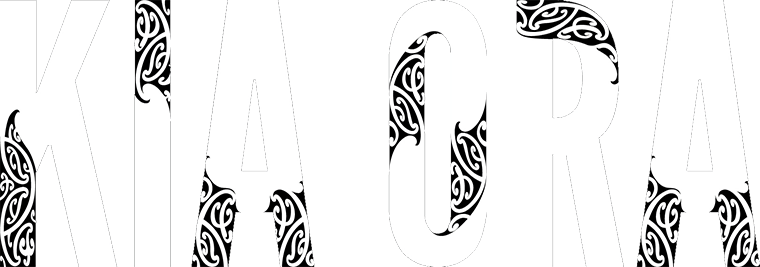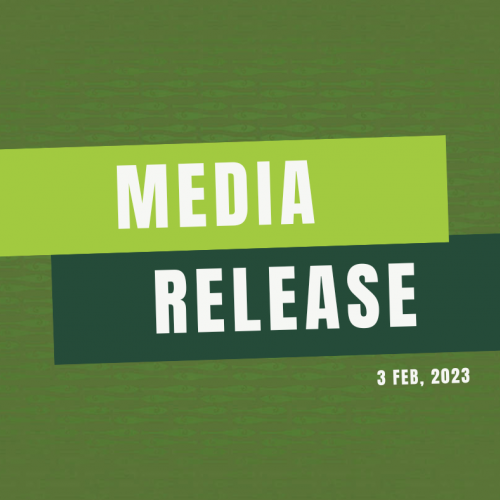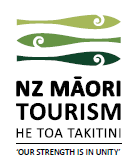Tēnā tātou,
I a tātou e whakaeke nei ki ngā rangi whakatā, ki te rangi whakanui anō hoki i a Waitangi, e whakaaronui ana ki a koutou e taumaha tonu ana. Kātahi tētahi wiki uaua, whakamātautau i te katoa. Hēoi anō e whakamanamana ana ki te taikaha o te iwi! I roto i te pouri te māramatanga e whiti ana.
While many of us will be looking forward to a long weekend, we acknowledge some of our whānau aren't in the same position. This week has been tough for many, but those affected by the weather events should be proud of the resilience they have shown.
We have continued to populate our resource page and have made our previous media releases accessible on our website. Below is the most up-to-date news from the past 24 hours (3 Feb):
What You Need to Know
• Tāmaki Makaurau’s state of emergency has been extended for another week.
• All heavy rain and thunderstorm warnings for Te Ika-a-Māui have now been lifted, though a heavy rain watch for Taranaki is in place for tonight.
• Auckland Transport is urging people to allow extra time for their journeys during Waitangi weekend, as road damage and slips may cause delays.
Insurance Advice
Government announced it will be working closely with the sector to fast-track claims being resolved, with over 15,000 being lodged to date.
If your home or business has sustained physical damage, please get on to it by checking out our resource page for the next steps. Late notification may impact the result of your claim!
From a tax point of view, insurance claims are either:
Capital insurance pay-outs – These are pay-outs for the loss of fixed assets. For example, a business vehicle is badly damaged and you get a pay out, that insurance pay-out is capital in nature and is not taxable for income tax.
Loss of income insurance pay-outs – These are pay-outs for the loss of future income. This applies to business disruption insurance or key person insurance (which insures the income generated by key personnel in the business). This type of insurance pay-out is a replacement in income and thus is taxable under income tax rules.
Insurance pay-outs are generally GST inclusive which means that you have to return any GST collected on pay-outs on your GST return.
Part of this process may require you to assess the damage done to your business assets. You should write off any damage done to your assets and/or stock - you can do this by:
• Obtaining the cost price of your asset/stock.
• Estimating the current value of it after the damage (you can hire a professional for certain items like plant and machinery).
• Claiming the difference in value as a tax-deductible expense.
For stock damage, you can claim the stock losses as a direct cost to your business. For fixed asset damages, you will need to apply for a special depreciation rate - more on that here - for that particular asset and provide evidence that it has had its economic value reduced due to the damage.
Employment Advice
During and following times where a disaster has struck, employers and employees need to consider matters such as health and safety, emotional wellbeing and payment options.
If emergency situations aren’t covered in your employment contract or your employees', then it is up to both parties (employer and employee) to talk about it in good faith and agree what the time away from work will be classed as.
If employers or employees are unsure on particular matters, they are advised to check the Employment New Zealand website which covers topics such as pay and leave if an employee is not working after a natural disaster or emergency.
Assistance Available
For those in need of urgent help or emergency accommodation, please ring:
Te Tai Tokerau (0800 00 20 04), Tāmaki Makaurau (0800 22 22 00), Waikato (0800 932 4357).
There are also community support lines for those in Tāmaki Makaurau:
• Te Whanau o Waipareira – 800 92 49 42
• Manukau Urban Māori Authority – 0800 686 232
• Manurewa Marae – 029 200 55 40
• Papakura Marae – (09) 297 20 36
• Ruapotaka Marae – 027 290 87 71
• Huakina Trust – (09) 238 02 50
Civil Defence
Civil Defence Centres are still in place across Tāmaki Makaurau to support those who need to accommodation and can’t stay with friends or whānau. Their locations are:
North: Massey University Albany Campus, Sir Neil Waters Theatre - Gate 1/Main Entrance (off Albany Expressway), Albany.
West: Bruce McLaren Community Centre at HubWest - 29 Corban Avenue, Henderson.
South: Manu Tukutuku - 32 Riverton Drive, Randwick Park.
Information Hubs are also still up and running to offer support:
• Te Manawa - Westgate, 11 Kohuhu Lane
• New Lynn Community Centre - 45 Totara Avenue, New Lynn
• Fickling Convention Centre - 546 Mount Albert Road, Three Kings
• Birkenhead Leisure Centre - 46 Mahara Avenue, Birkenhead
• Moana-Nui-a-Kiwa Pool and Leisure Centre - Mascot Ave, Mangere
Additional road closures and slips are being logged on Waka Kotahi's website – please check their site before making any essential travel.
Financial Support
Applications for the Auckland Council Emergency Relief Fund can be made online. You can also call Auckland Council (09 301 0101) during business hours for assistance with your form. Also, please read yesterday’s media release for further details when applying for this fund.
Inland Revenue (IRD) is still waiting approval for on an "Order in Council" from Cabinet which would see penalties waived for late filing of tax obligations for those affected by the floods.
IRD acknowledged that business owners' first priority should be to care for their whānau, but added that those who are ready to file their tax obligations and need assistance can call their disaster line (0800 473 566) or send them a message in myIR. Further can be found here.
Civil Defence payments are still available to those who were affected by the weather events. If you are after support, you are advised to call Work and Income (0800 400 100) who will assist you in lodging an application - more detail here.
New Zealand’s five major banks are continuing to offer financial support to personal and business customers affected by flooding. More on this can be found on our resource page.
Cleaning Up
It is important to clean and dry everything in your home or place of business once the floodwaters have receded. Get Ready has extensive advice on the precautions to take before starting your clean-up, which includes wearing the right clothing and protective gear.
Auckland Emergency Management has listed different options for what to do with storm-related waste dependent on your situation (insured or uninsured) – more here.
We will continue to update our Facebook page and story with the latest information pertaining to the weather events - kia maia, kia manawanui.



